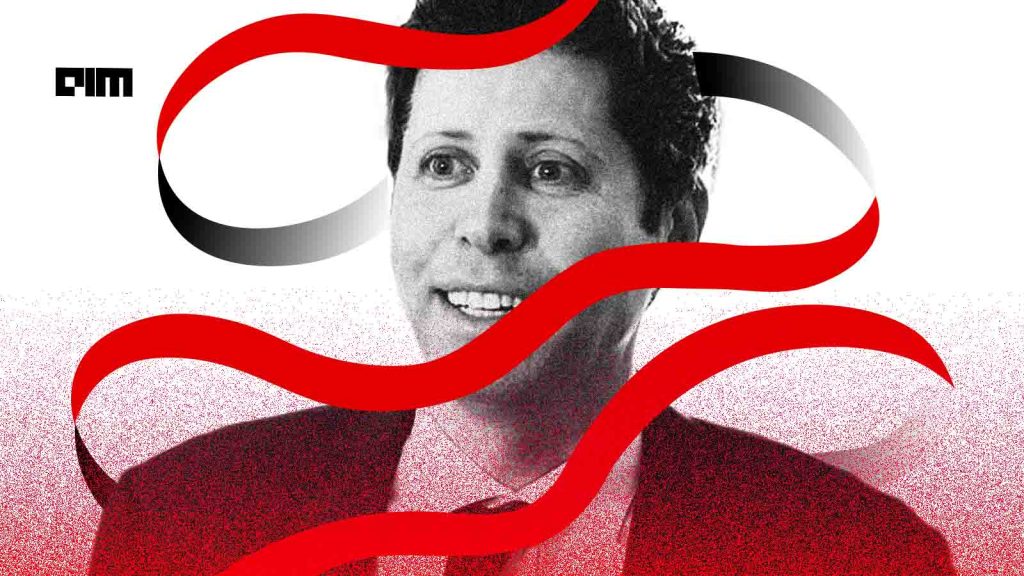Calvin French-Owen, a former OpenAI employee, published a blog post on July 15, sharing an insider’s account of the company’s engineering practices and culture.
French-Owen was employed at the company from 2024 to 2025, during which he contributed to the development of the Codex coding agent.
He stated that OpenAI took only seven weeks to build Codex from start to finish. “I returned early from my paternity leave to help participate in the Codex launch. A week after I returned, we had a (slightly chaotic) merger of two teams and began a mad-dash sprint,” French-Owen said.
He also stated that the Codex Sprint was the hardest he has worked in nearly a decade.
“It’s hard to overstate how incredible this level of pace was. I haven’t seen organisations large or small go from an idea to a fully launched, freely available product in such a short window.”
He mentioned that the team had the right people to create the magic, comprising approximately eight engineers, four researchers, two designers, two go-to-market (GTM) professionals, and a product manager.
He also said that teams at the company are “much more fluid” than they might be elsewhere.
When the Codex team at OpenAI realised they needed more help to meet their launch date, they sought help from a few experienced ChatGPT engineering managers. The very next day, they were made available. “There was no ‘waiting for quarterly planning’ or ‘reshuffling headcount’. It moved really quickly,” he said.
French-Owen also shared several other details of his experience in the blog post. When he joined the company, the headcount was 1,000 people, and in just one year, it reached 3,000.
He also stated that decisions are typically made by the team planning to do the work rather than a central architecture or planning committee.
“The result is that there’s a strong bias for action, and often a number of duplicate parts of the codebase. I must’ve seen half a dozen libraries for things like queue management or agent loops,” he said.
Moreover, he noted that there is a strong bias towards working on one’s own ideas and projects, and seeing how they unfold. There must’ve been ~three to four different Codex prototypes floating around before we decided to push for a launch. These efforts are usually taken by a small handful of individuals without asking for permission. Teams tend to quickly form around them as they show promise,” he said.
French-Owen also stated that OpenAI is perhaps the most “frighteningly ambitious organisation” he’s ever seen.
“You might think that having one of the top consumer apps on the planet might be enough, but there’s a desire to compete across dozens of arenas: the API product, deep research, hardware, coding agents, image generation, and a handful of others, which haven’t been announced. It’s a fertile ground for taking ideas and running with them,” he added.
French-Owen also revealed an unusual aspect of working at the company, saying that everything runs on Slack instead of email. He revealed that, during his entire tenure, he might have received only around 10 emails.

